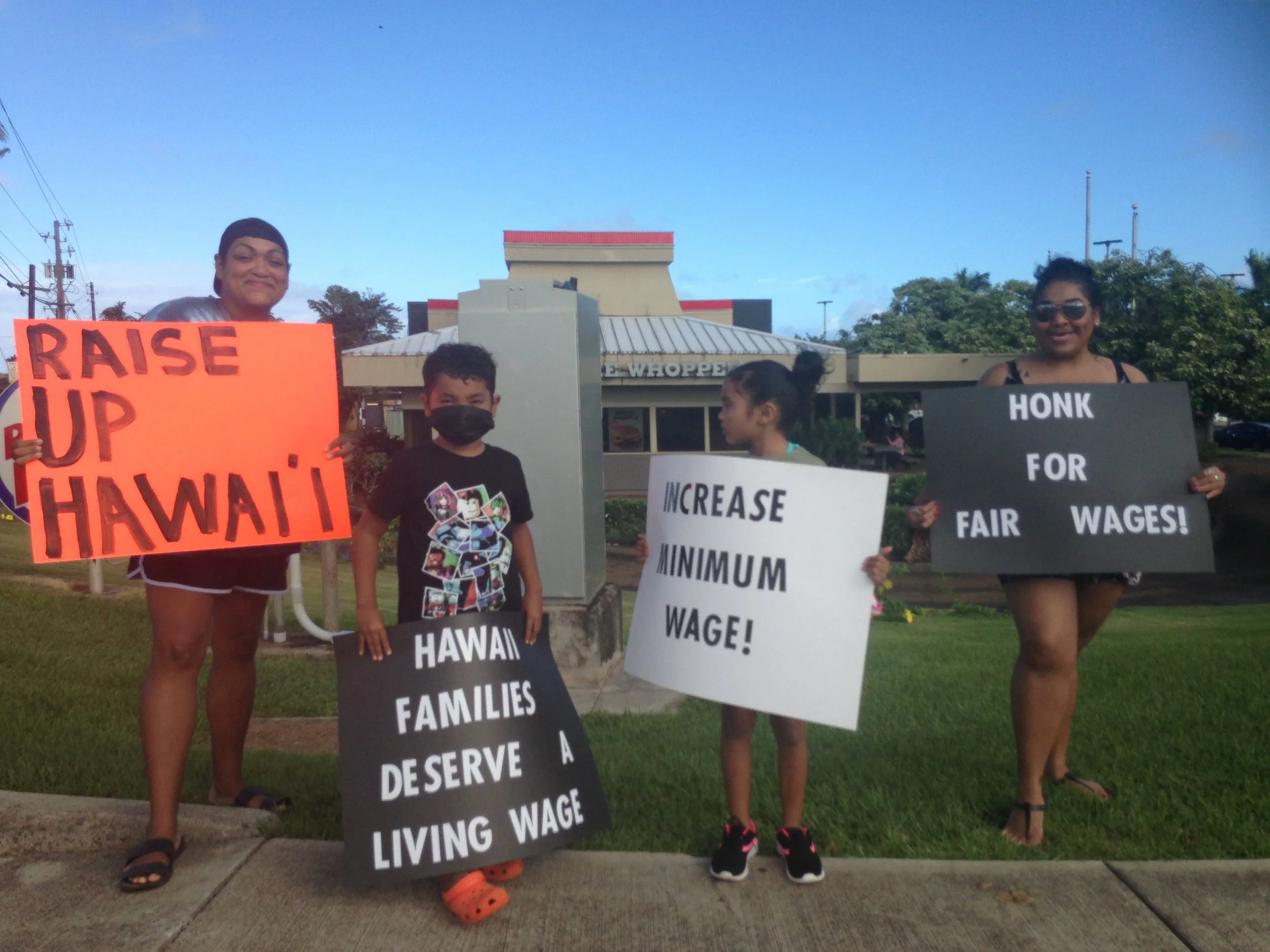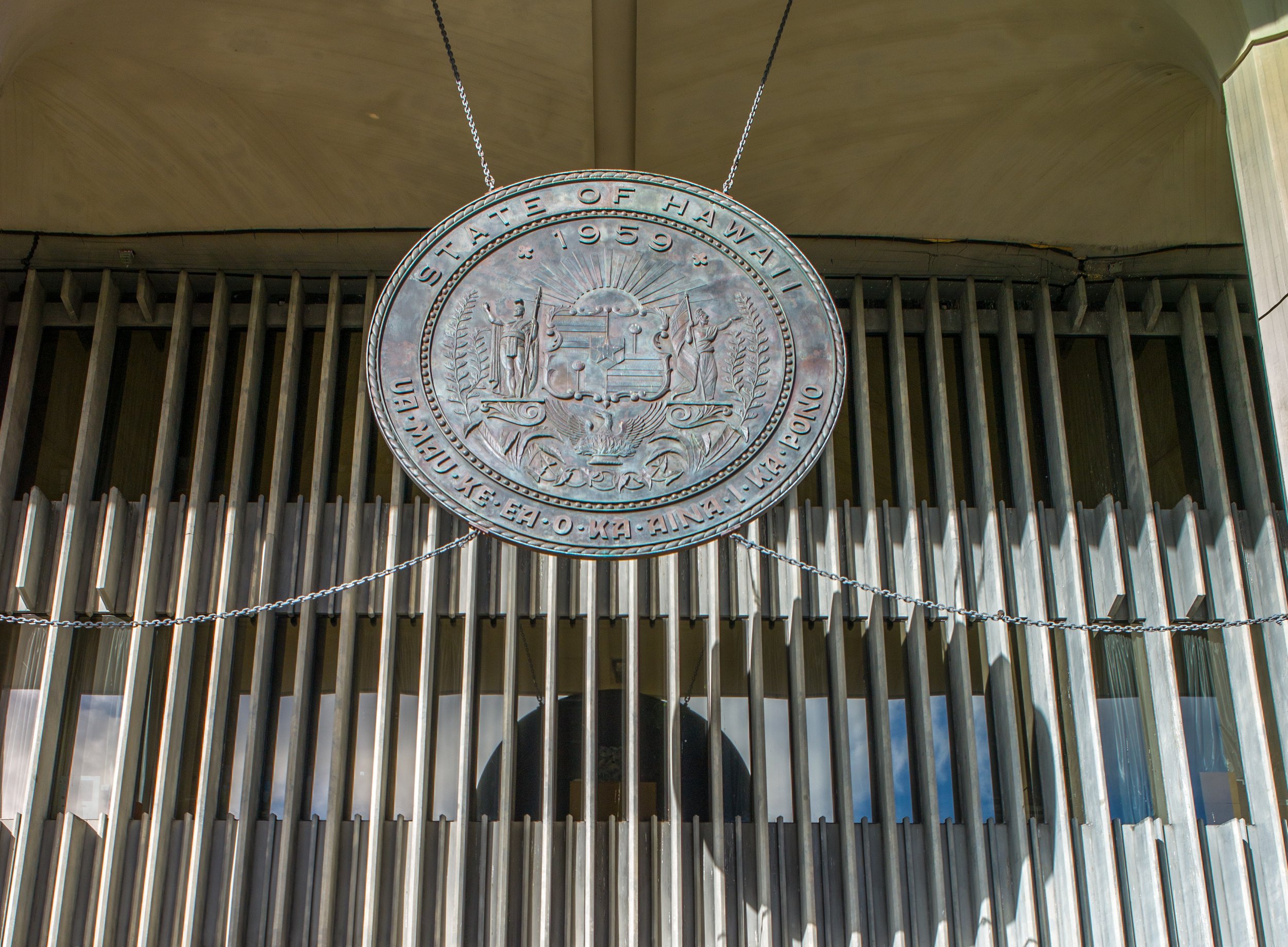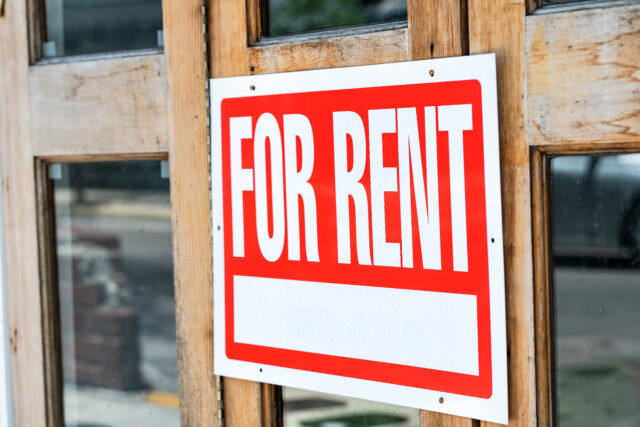
Raise Up Hawaiʻi demands higher minimum wage
An increased minimum wage would not only put food on families’ tables but put money in their pockets for spending at local businesses.

A cautious legislature, locked in the capitol, played it safe
Critics hoped the pandemic would be the catalyst for significant changes to address longterm problems facing Hawaiʻi. But the budget shortfall dominated the 2021 session.

Hawaiʻi lawmakers finish session after huge federal aid boost
The pandemic wouldn’t have hurt nearly as much if Hawaiʻi residents were making wages that paid enough to cover their basic needs.

Economic recovery should focus on working families
And Hawaiʻi’s lawmakers should pass legislation that supports workers’ well-being.

Should I stay or should I go? The lack of affordable housing in Hawaiʻi
The cost of living in Hawaiʻi continues to rise, most notably due to the lack of affordable housing. How do we find a feasible solution?

Bill would expand DA BUX food program
The measure is intended to provide low-income people easier access to healthier food choices and to help local farmers and ranchers.

Here’s how tax increases are shaking out in the Hawaiʻi legislature
Senators moved to raise income taxes on high earners, and the House passed capital gains and inheritance tax increases.

Hawaiʻi lawmakers mull mediation to prevent mass evictions after moratorium lifted
A bill would require landlords to enter mediation upon a tenant’s request, but some advocates say the measure doesn’t do enough to protect renters at risk of eviction.

Pursue ALOHA housing strategy
Bold moves are needed to tackle Hawaiʻi’s entrenched affordable housing problem.

Legislature considers increasing minimum wage amid pandemic
Advocates argue that raising the minimum wage will not only help workers make ends meet, but also stimulate the local economy.

$12 minimum wage hike clears key Senate committees
In recent years there’s been increasing support from the state’s leading lawmakers and Democratic Party to pay workers a living wage, but the gap between that figure and what lawmakers have been willing to pass remains wide.

‘Bold’ plan to develop leasehold condos on state land renewed
The biggest drawback identified in the analysis is that using public land for leasehold housing is controversial.

Sugary drink taxes can dismantle systemic inequities by giving back to communities
When funds are reinvested back into the most impacted communities, these taxes help prevent future harm, and give people from those communities a better shot at succeeding and thriving.

Hawaiʻi legislators could boost minimum wage to $12 next year
A bill to raise Hawaiʻi’s minimum wage to $12 passed unanimously out of its first committee Monday, with more than 180 individuals and groups testifying in favor, most saying it should be much higher.

Gaps in Hawaiʻi eviction moratorium leave some renters scrambling for housing
The state eviction moratorium doesn’t protect every renter. And being kicked out when you’re unemployed makes finding housing much harder.

One year later: The effects of Hawaiʻi’s illegal short-term rental ban
Illegal vacation rentals have worsened Hawaiʻi’s affordable housing shortage while contributing to an overrun of high-impact, low-spending visitors.

Hawaiʻi legislature prepares to conclude, transparency advocates cry foul
Hawaiʻi’s 2020 legislative session was hallmarked by social distancing measures aimed at preventing the spread of COVID-19 that may also have disenfranchised the public.

COVID-19 budget moves out for passage, but not without controversy
The allocations of the federal aid money drew criticism from social service agencies while the process of adopting the budget measure, using a method called gut-and-replace, riled others.

State must help provide food security
This may be a once-in-a-lifetime chance to pivot toward the kind of food system we want for Hawaiʻi’s future.

Social service workers rally at state Capitol
Lawmakers say they will use $635 million in CARES Act funds to assist the unemployed and local businesses, but advocates say it’s still not enough.
